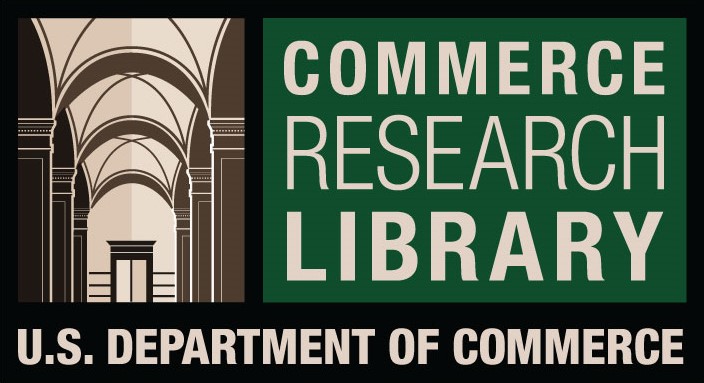EXTRADITION UNDER INTERNATIONAL LAW
DOI:
https://doi.org/10.61841/cbxsq227Keywords:
international law, extraditionAbstract
Extradition under International Law deals with the surrender of criminals when they seek Asylum in another country after committing a crime. This Article deals with the conditions under which Extradition can be made. Also with regard to treaties among the Nations with regard to Extradition. Each Nations have their own Extradition Act. India has Extradition Act, 1962 and the same was Amended in the year 1993 as Extradition (Amendment) Act, 1993.
Downloads
References
1. International law and human rights by h.o. agarwal
2. Starke’s international law, eleventh edition, 1994
3. H.o. agarwal,” nature of political offence”
4. Libdeh, n. I. S. A. Impact of israeli settlements on the peaceful settlement of the palestinian case.
5. Chandramathi, m. Sovereignty--modern approach to a regressive concept.
6. Elrayah, y. (2016). Big data: intellectual property and legal issues. Technology (impact: jdit), 1(1), 1-6.
7. Chhikara, h. Law and customary practices in literary representations: a critical study of mock-trial in silence! The court is in session by vijay tendulkar.
Downloads
Published
Issue
Section
License

This work is licensed under a Creative Commons Attribution 4.0 International License.
You are free to:
- Share — copy and redistribute the material in any medium or format for any purpose, even commercially.
- Adapt — remix, transform, and build upon the material for any purpose, even commercially.
- The licensor cannot revoke these freedoms as long as you follow the license terms.
Under the following terms:
- Attribution — You must give appropriate credit , provide a link to the license, and indicate if changes were made . You may do so in any reasonable manner, but not in any way that suggests the licensor endorses you or your use.
- No additional restrictions — You may not apply legal terms or technological measures that legally restrict others from doing anything the license permits.
Notices:
You do not have to comply with the license for elements of the material in the public domain or where your use is permitted by an applicable exception or limitation .
No warranties are given. The license may not give you all of the permissions necessary for your intended use. For example, other rights such as publicity, privacy, or moral rights may limit how you use the material.









